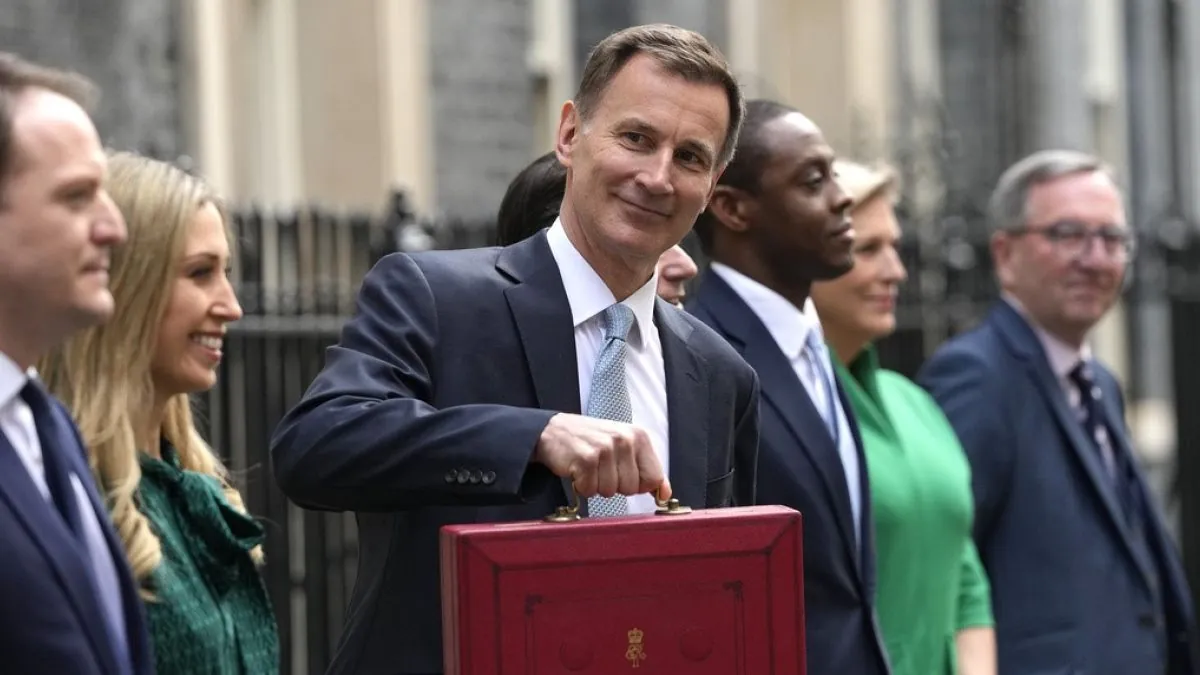UK Tax Hikes: Unintended Consequences and Skepticism
Analysis of proposed UK tax increases reveals potential backfires and unintended consequences. Experts question effectiveness of measures in raising funds, suggesting complexity may benefit 'bad people' over 'good'.

The UK government's recent warnings about impending tax increases have sparked a debate about fiscal policy and its potential consequences. As the nation grapples with unexpected financial challenges, experts are questioning the wisdom of rigid manifesto pledges and the effectiveness of proposed tax measures.
Rachel Reeves, the Chancellor of the Exchequer, faces the daunting task of addressing a purported black hole in public finances. However, the government's commitment to targeting those with the "broadest shoulders" for tax increases may be unrealistic. The Institute for Fiscal Studies (IFS) points out that other developed countries with higher public spending relative to GDP typically raise more tax from average earners.
One controversial proposal is the application of VAT on private school fees, expected to generate £1.5 billion for state schools. However, this decision is facing criticism from various quarters, including Labour peer Lord Hacking and the Adam Smith Institute. Critics argue that the policy may actually cost taxpayers up to £1.6 billion due to increased pressure on state schools.

The potential increase in capital gains tax (CGT) rates is another area of concern. Contrary to expectations, the government's own projections suggest that raising CGT rates could actually reduce tax revenues. This counterintuitive result stems from various factors, including wealthy individuals relocating, delayed asset sales, and the implementation of tax-avoidance strategies.
Historical precedent supports this skepticism. In 1998, when Nigel Lawson decided to tax capital gains as income, it led to the development of complex financial maneuvers to minimize tax liabilities. These included the use of stock dividends and loan notes with substitution clauses, allowing individuals to defer or reduce their tax burden.
Proposed changes to pension taxation are also raising concerns. Suggestions to remove or cap the 25% tax-free lump sum or restrict tax relief on contributions could have far-reaching consequences. Such alterations would not only complicate an already complex system but could also disproportionately affect those who have made long-term financial plans based on existing rules.
"The policy [of applying VAT on private school fees] is already unravelling and under attack... rather than raising money, it will cost taxpayers up to £1.6bn."
The potential for increased inheritance tax has prompted many individuals to make additional lifetime gifts before the Budget announcement. This preemptive action may ultimately reduce the anticipated additional inheritance tax receipts.
As the UK faces at least four more Labour Budgets, there is growing skepticism about the effectiveness of proposed tax measures. The complexity introduced by these changes may, as succinctly put in the IFS podcast, be "generally bad for good people but good for bad people."
In conclusion, while the government seeks to address fiscal challenges, the proposed tax increases may yield less revenue than anticipated and potentially create unintended consequences. As the debate continues, policymakers must carefully consider the long-term implications of their decisions on both public finances and individual taxpayers.


































